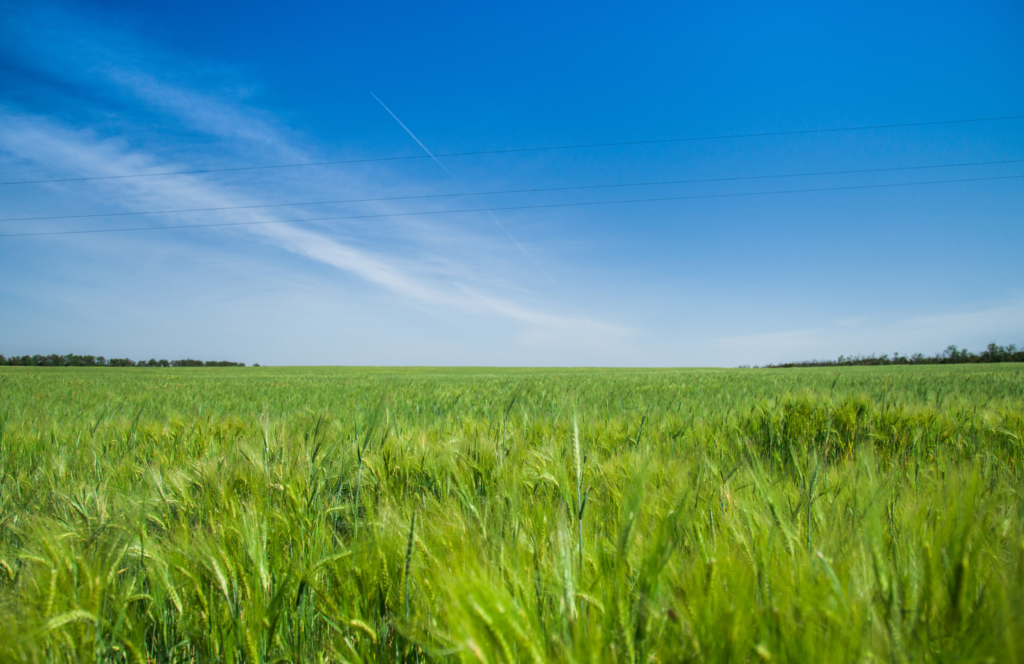
A title search is a crucial but behind-the-scenes part of the home buying process. I’ve asked a local title insurance expert what buyers should know about their services — and the valuable role they play in keeping buyers safe.
Q: First off, what is title insurance?
A: Title insurance protects you and your mortgage lender from loss — and headaches — if your seller doesn’t own the property outright.
Q: How does title insurance protect you?
A: Title insurance protects you from financial loss in the form of:
- Deeds by minors or by persons of unsound mind
- Deeds by persons supposedly single, but in fact, married
- Fraud
- Forged deeds or wills
- Liens
- Misinterpretations of wills
- Unpaid taxes or inheritance
Q: What is a title company?
A: The title company confirms that the title to the real estate property is legitimately given to the purchaser of the property. Typically, the title company conducts the closing on the home and verifies that the seller has the rights to sell the property.
Q: What does a title company do?
A: Since a clean title is required for every real estate transaction, title companies complete a search on every title to check for claims or liens before a new title can be issued. Without title insurance, buyers could be liable for monies owed on the home long after closing.
Q: How much should title insurance cost?
A: The cost of title insurance ranges between $500 and $3,500, depending on where you live, the provider you choose, and the purchase price of your home.
In most cases, the title company works quietly behind the scenes, making sure everything is set for a smooth transaction. No news is definitely good news. Have questions about the buying process? Don’t hesitate to reach out – I’d love to help out.


